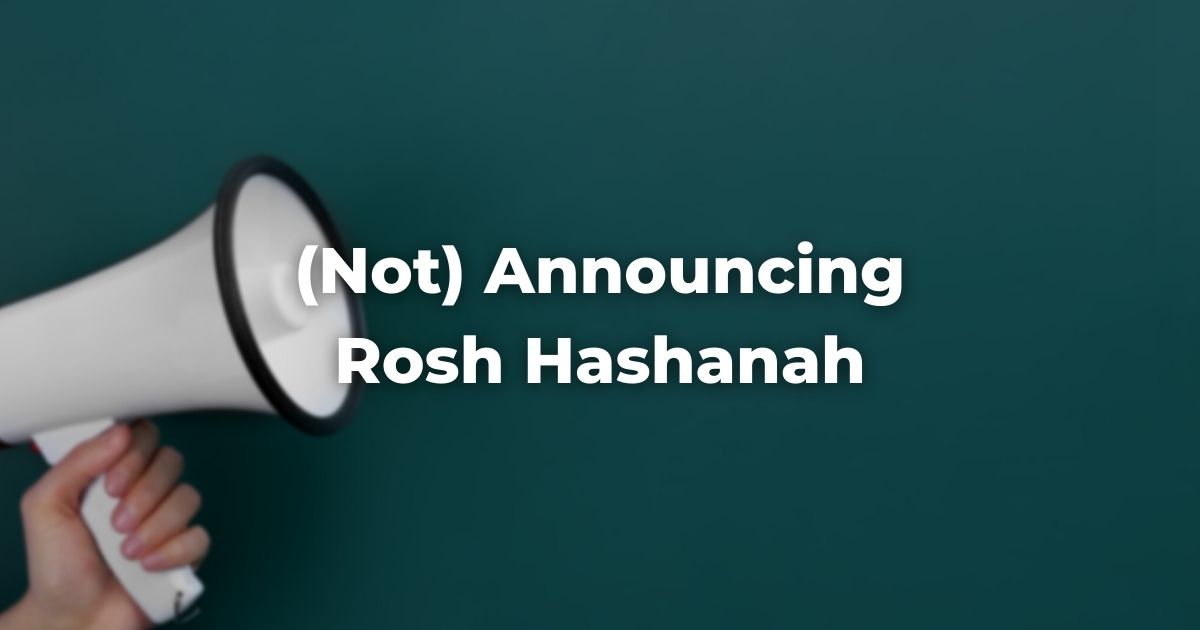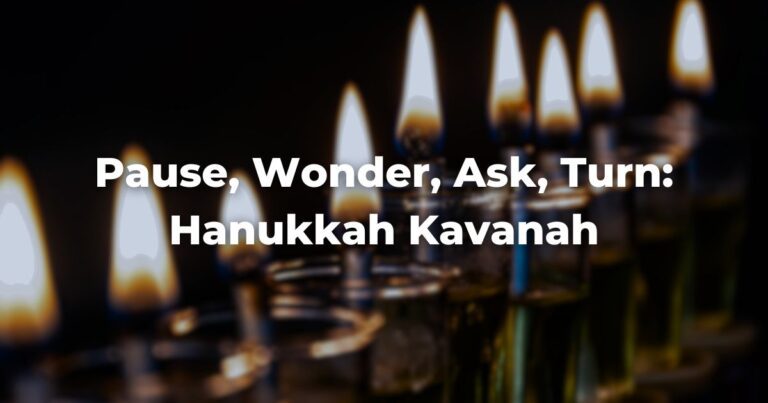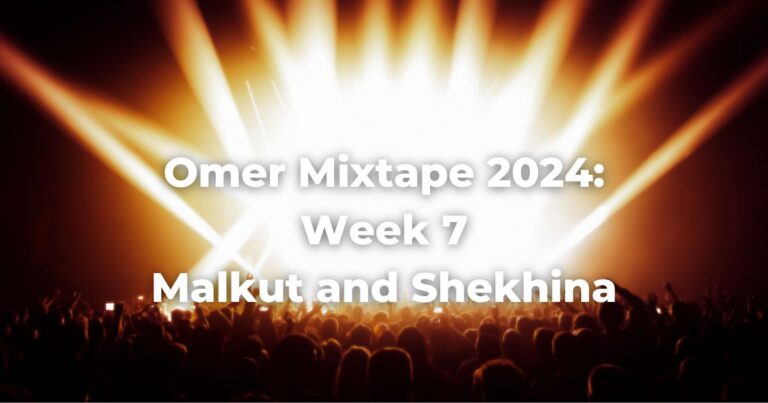On the Shabbat before any new month, a special prayer called Birkat Ha-ḥodesh is recited in the synagogue to announce the name of the new month and the day on which it is to begin. This is not done in anticipation of Rosh Hashanah, however (MishnahA collection of rabbinic teachings edited in Israel around 225 CE. Organized in six sedaraim by subject matter and dealing with both ritual and civil law. Both the Jerusalem and Babylonian Talmud are expansive discussions of the Mishnah. Read more Berurah to SA Orach Chayyim 417, note 1).
The most logical reason for this omission is that Rosh Hashanah is deemed the beginning of all beginnings, thus the benchmark by which all the other festivals will be measured, and as such is not in need of any sort of formal introduction. Popular folklore, however, has suggested an alternative explanation.
There is a traditional conception that we are all judged during the so-called Ten Days of Repentance that fall between Rosh Hashanah and Yom Kippur.
In this drama, God plays the role of judge and we are the defendants whose very lives are on the line. Satan, playing the role of prosecuting attorney, anxiously awaits the arrival of Rosh Hashanah every year so the trial can begin and he can present all the most damning evidence he can gather against each defendant.
Accordingly, we do not announce the coming of Rosh Hashanah in public in the hope that omitting the prayer will somehow confuse Satan, thus causing him to miss the trial entirely and leaving God to judge us mercifully.
This same explanation is given as to why we do not blow the shofar on the morning before Rosh Hashanah, although the far more likely explanation is the one given above: that we omit it to distinguish between the blowing of the shofar during Elul, which is a custom, and the blowing of the shofar on Rosh Hashanah, which is a mitzvah.
Adapted with permission from The Observant Life.
Authors
-

The Observant Life: The Wisdom of Conservative Judaism for Contemporary Jews distills a century of thoughtful inquiry into the most profound of all Jewish questions: how to suffuse life with timeless values, how to remain loyal to the covenant that binds the Jewish people and the God of Israel, and how to embrace the law while retaining an abiding sense of fidelity to one’s own moral path in life. Written in a multiplicity of voices inspired by a common vision, the authors of The Observant Life explain what it means in the ultimate sense to live a Jewish life, and to live it honestly, morally, and purposefully. The work is a comprehensive guide to life in the 21st Century. Chapters on Jewish rituals including prayer, holiday, life cycle events and Jewish ethics such as citizenship, slander, taxes, wills, the courts, the work place and so much more.
View all posts -







